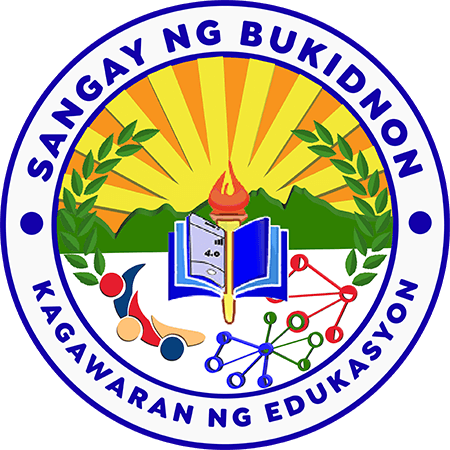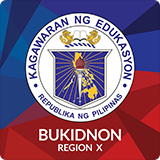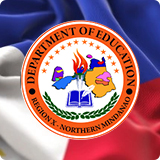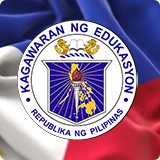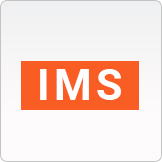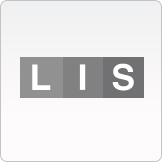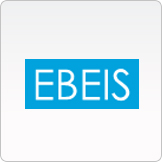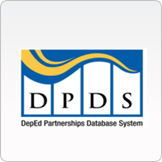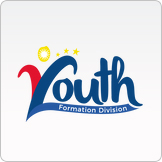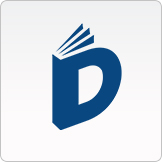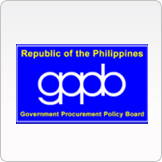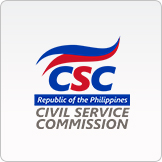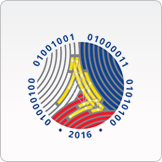PASIG CITY, September 25, 2016 – Tomorrow’s innovators are today’s equipped young minds.
The fast-moving world of technology comes with the manifold challenge of ensuring that quality education is still the best foundation of potential solutions to the country’s pressing social issues.
“Tuwing may sakuna, kasalanan ‘yan ng edukasyon; tuwing may napipiling lider na ayaw natin, kasalanan ‘yan ng edukasyon; kung bakit maraming mahirap sa ating bansa, kasalanan ‘yan ng edukasyon. . . [Pero] ang edukasyon ay hindi lamang responsibilidad ng DepEd, ito ay responsibilidad nating lahat,” Department of Education (DepEd) Secretary Leonor Magtolis Briones emphasized to the audience of Rappler’s Social Good Summit 2016 on Saturday.
The Department heeded the call to teach 21st century skills to young Filipinos with the implementation of K to 12 Basic Education Program. It signaled the innovation of the country’s education system to become learner-centered, inclusive, and researched-based. The standards-based and competence-based curriculum allows for culture-responsive, contextualized, and relevant learning that is accessible for all.
Generation of Innovators
Tech-savvy young Filipinos are constantly bombarded with information from diverse sources, making their cognitive development all the more visual. To tap the vast potential of learners to become the shapers of the country’s future, DepEd integrated four 21st century skills in the reformed curriculum, namely:
- Information, Media, and Technology Skills
- Learning and Innovation Skills
- Effective Communication Skills
- Life and Career Skills
These competencies, coupled with curriculum support system and core values, are designed to holistically prepare the learners become effective in helping address the needs of the nation, by pursuing either higher education, employment, entrepreneurship, or middle-level skills development.
“We are trying to develop learners become a whole person. Tinuturuan kayo ng skills, language, tinuturuan din kayo mag-isip at magtanong, mag-interpret ng datos na binibigay sa inyo,” Briones reminded the summit participants, many of which belong to the millennial generation.
Science and technology in the K to 12 curriculum is taught progressively:
- Stimulating the curiosity and basic process skills of Kindergarten to Grade 3 pupils through exploration of the natural and physical environment
- Developing the essential skills of scientific inquiry in Grades 4 to 6 learners by establishing the connection between life and science
- Enhancing the scientific, technological, and environmental literacy of Grades 7 to 10 students by addressing real-world problems and issues directly confronting learners
- Instilling the importance of scientific research on global issues that impact the country in Grades 11 to 12 (Senior High School) students by allowing them to choose a track that suits their interest and to innovate products that help address the needs of their community
Applied Science and Technology
As a way of promoting Science and Technology consciousness among the youth and encouraging them to showcase their innovative skills, DepEd regularly conducts the National Science and Technology Fair (NSTF) at school, division, and regional levels.
Activities include Pinoy Robot Games, an annual robotics competition that promotes technology in learning and real-life settings; Innovation Expo, a crowdsourcing event that promote innovation among learners and industry partners; NSTF Educators Academy, an opportunity for learning and development through “shoptalk” on creativity and research education; and Research Competition on the fields of life and physical science.
Nurturing Innovators in the EGG
Joining the Department’s objective of bringing quality education for all, Microsoft recently launched EGG, a mobile classroom equipped with Wi-Fi, LED display laptops and tablets for learners, learning materials with K to 12 pre-populated content, locally cached knowledge internet sites. Because of the EGG’s connection to the internet via TV White Space, connectivity for learners in far-flung areas is still possible.
Since the EGG is a self-sustaining learning facility, it can generate its own power through the solar panels on its roof and collect rainwater to be filtered as potable water. It is typhoon- and saltwater-resistant, allowing adaptive reuse from classroom to storm shelter.
Capacitating Teachers
Currently, 722,889 teachers are educating, nurturing, and developing 25.4 million learners in the country. Through continuous trainings, teachers are enabled to develop and enhance capacities that will help them guide a generation of innovators. They are provided with a concrete understanding of basic knowledge of the new curriculum, learning standards and competencies, and assessments and teaching plans. These educators are also provided with opportunities to acquire and demonstrate the cognitive and affective competencies they need in the effective implementation of the curriculum.
Aside from equipping teachers with capabilities to effectively deliver the curriculum and their role as facilitators of learning, they are also encouraged to advance their skills in; empathic listening; giving and receiving feedback; learning outcome-based coaching; and facilitation and questioning.
Shared Responsibility
According to Briones, enabling all Filipino learners to keep up with the rapidly changing world is a duty shared by the Department with the government, family, society, private partners, media, and non-government stakeholders. She further called for the participation of every Filipino in navigating “this very exciting world of knowledge.”
When asked about her dream for the Filipino youth, the Education chief thoughtfully said, “Ang aking ambisyon, sana dadating ang panahon na maka-produce tayo ng isang siyentipiko na gaya ni Stephen Hawking, sana maka-produce tayo ng Nobel awardee. . . Sana. . . sana.”
END
